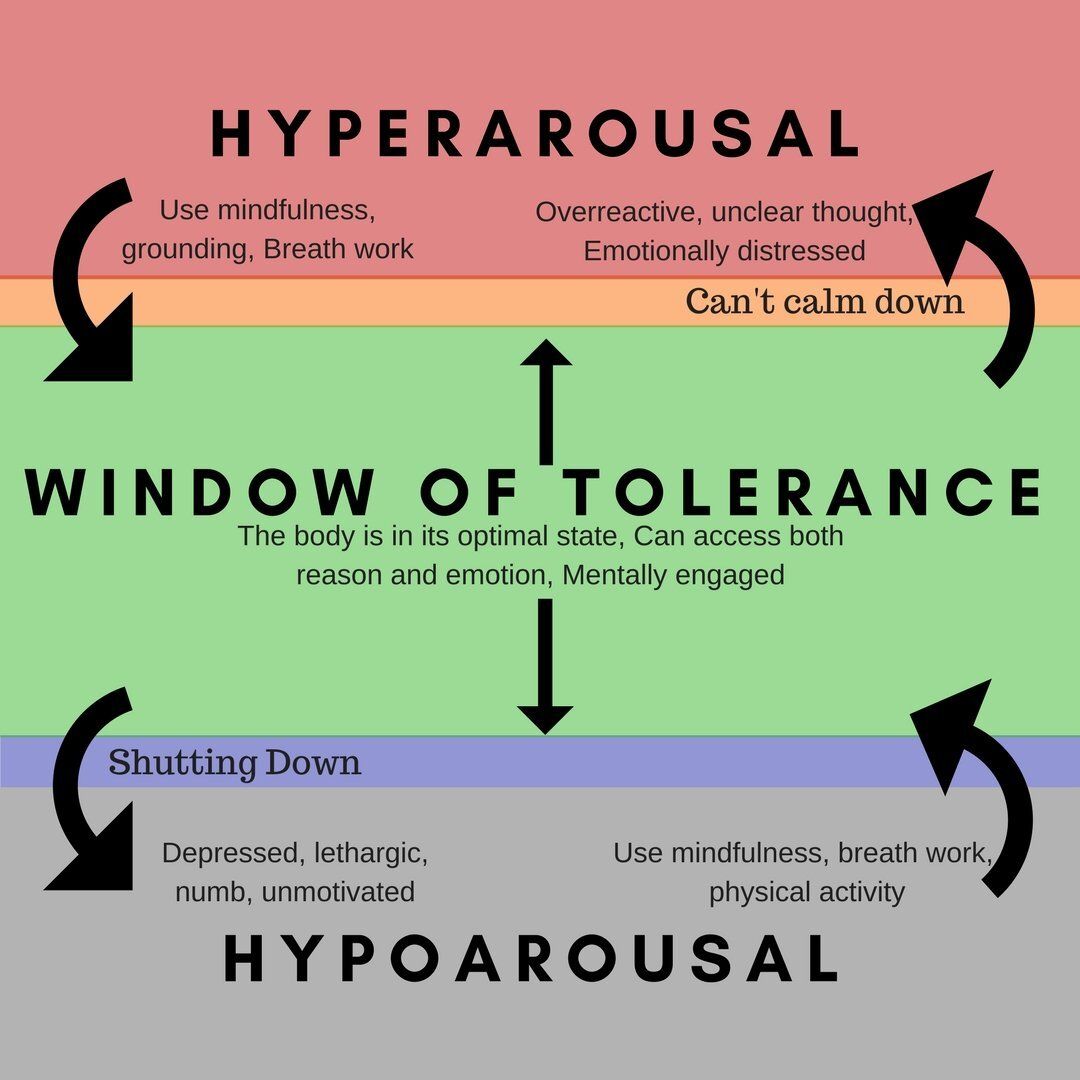By Eddie Capparucci, Ph.D., LPC, CSAS
Let me be honest with you—if you’re not learning to manage your emotional state, staying sober will be a constant battle. And supporting your spouse’s healing? Nearly impossible. Emotional regulation isn’t optional—it’s the cornerstone of recovery.
Many men want to stop their Problematic Sexual Behaviors and learn how to emotionally connect with their partners. They’re tired of the pain they’ve caused. But no matter how many emotional connection programs or recovery groups they join, counseling sessions they attend, or how much they pray, they still find themselves going back to the same disturbing behaviors. Why?
Because they haven’t learned how to consistently regulate their emotional state.

By Richard Bamford
Sobriety Is Not Just About Stopping the Behavior
By now, you understand that porn and sex addiction are not about lust. They are rooted in avoidance—avoiding discomfort, pain, rejection, shame, and loneliness. The men I counsel are not bad people. They’re emotionally underdeveloped. They never learned how to deal with the difficult emotions that come with being human.
But here’s the deal: when you're emotionally dysregulated—whether you're spinning out in anxiety (hyperarousal) or shutting down into numbness and detachment (hypoarousal)—you are at the mercy of raw emotion. Logic? Gone. Rational thought? Out the window. In that state, the inner child jumps in and makes decisions that feel good in the moment but lead to destruction in the long run.
Addictive behaviors don’t emerge from nowhere. They're often coping mechanisms for managing emotional discomfort. When we're dysregulated—whether anxious, panicked, overwhelmed (hyperarousal) or numb, disconnected, and lethargic (hypoarousal)—we’re more likely to be driven by raw impulse than reflective, rational thought. This disconnection from our emotional center impairs judgment and increases the risk of relapse—and often makes it impossible to engage in a healthy way with our hurting partner.
In this state, the brain prioritizes survival over strategy. The prefrontal cortex—the seat of reasoning, decision-making, and impulse control—goes offline. The limbic system—the emotional brain—takes over. That means you're not thinking clearly; you’re reacting. And that, my friend, leads to poor decision-making.
As Dr. Dan Siegel, developer of the Window of Tolerance model, explains, “The window of tolerance is the optimal zone of arousal where a person is able to function and thrive. When outside this window, the ability to process information and respond appropriately is impaired.”
And therein lies the reason many men continue to struggle in helping their partners heal. If you cannot process information, how can you respond appropriately? These men are not riding the waves of emotion—they’re drowning in them.
If You’re Not Regulating…You’re Reacting
Recovery requires maturity, and maturity begins by learning how to slow everything down and tune in to what’s happening inside you.
You have to ask:
How am I feeling mentally?
How am I feeling emotionally?
How am I feeling physically?
How am I feeling spiritually?
The vast majority of men who struggle with Problematic Sexual Behaviors are afraid to feel. But emotions aren’t the problem—it’s emotional avoidance that generates serious issues. When we avoid our emotional world, it doesn’t just impact our sobriety—it wreaks havoc in our relationships.
Dysregulation Will Destroy Intimacy
This is where things get even more serious—because many men in recovery are also trying to repair relationships damaged by betrayal. Their partner is hurting—deeply. She feels unsafe, confused, angry, and broken. She needs honesty. She needs presence. She needs validation and empathy.
But here’s the problem: if you’re emotionally dysregulated, you won’t respond to her grief with compassion. You’ll respond with defensiveness, stonewalling, minimization, or even aggression. Not because you’re heartless—but because your wounded inner child is terrified. He doesn’t want to face the consequences of a difficult emotional conversation. So what does he do? He tries to shut down her pain. He makes it about you instead of her.
You might say things like:
“I’ve already apologized. Why can’t you let it go?”
“You’re just trying to make me feel bad.”
“I don’t know what you want from me. I’m trying so hard.”
“This is too much. I can’t do this right now.”
Every time you react this way, you reinforce her belief that you are not a safe person—and it makes her wonder if she’ll ever be able to trust you again.
Let me be clear: emotional regulation is not just for you—it’s for her. If you want to rebuild trust, you have to learn how to stay present, even when it’s uncomfortable. Especially when it’s uncomfortable.
Learning to Regulate
This isn’t easy work. But it’s essential. I’ve compiled a list of 20 simple but highly effective emotional regulation techniques. I encourage men to proactively work on reducing their dysregulation—even if they’re feeling regulated in the moment—by engaging in one or two of these techniques three times a day. This practice should become a cornerstone of your life. And if you stick with it, it will change your life forever.
If you’d like the list, reach out to me at [email protected].
When your partner is hurting, try saying:
“That makes sense. I can understand why you’d feel that way.”
Said with sincerity, that one sentence can do more to rebuild trust than hours of explanation.
Final Thought: Regulated Men Are Safe Men
You want to be a man who is safe—for yourself and others. It starts with becoming a man who knows his emotional world and isn’t afraid of it.
Sobriety is just the beginning. The real transformation happens when you become emotionally attuned, regulated, and mature. That’s the man your partner longs for. That’s the man your inner child needs you to become.
It is my belief that emotional regulation is the cornerstone of recovery. It is the practice that allows a man to walk in true freedom.

